|
A behavioral brain trick called “dopamine fasting” has been around for a while now - the idea of restricting most of your pleasurable daily activities — from social media, to watching videos, gaming, or even eating — you can “reset” your brain. The idea also plays into people’s simplistic ideas about how the brain works. But does it work? TLDR: No, not in my opinion. It is still focused on using willpower to overcome primal drives, using a high stress method of deprivation, rooted in the false notion that dopamine imbalances cause bad habits and addictions. They don't, cultural and mental persecution does. Dopamine rises are the result of MAD habits, caused by trauma and disconnection with positive things. Instead let’s change all that. Let's take self-judgement, comparison and expectation out of the equation so that there is less stress (the very thing that drives the craving for relief) and more inspiration. This blog is inspired by session 2 of my course: Mindfulness and Emotional Resilience. Here is a summary of some of that session: Are habits biological or psychological or environmental?Our reward systems - the old view of addiction Dopamine is the neurotransmitter that signals anticipation of pleasure. Ir helps you be motivated to get things done and to move. Dopamine pushes you to crave more stimulus. This is a natural drive and nothing is wrong with it. Modern life offers a lot of stimulation of dopamine. Feeling over-stimulated is often a sign of doing too much and getting a high dopamine hit. This can inhibit present moment focus and stop you from enjoying simple things. The balance of dopamine and it's antidote, serotonin, plays a part in our understanding of addiction and I wrote about that here - but does this isn't the root cause, as we once thought. It's not in the genes, it's in our society and in your own mind! For years we've been labouring under the assumption that addicts are that way due to an imbalance of dopamine and serotonin, and so we've relied on drugs to balance these levels. This can help in the short term, but not long term. That's because dopamine is the result of a lack of positive connection. If a person is brought up in a negative environment, or doesn't have meaningful work, sustainable income or worse, has a criminal record, then they will feel the pressure of life as stress in the body and negative thinking in the mind. This inner and outer persecucion is the very thing that humans need relief from as shown in these insightful videos:
How you think about it matters We all have 'monkey minds' that tend to think negatively. We often beat ourselves up about our habits. We have high expectations of ourselves and others, so we talk about our habits as 'bad'. This drives the habits - it adds stress, which makes the cravings for relief stronger and make it more likely you'll relapse into the old habit, eventually. A ‘dopamine detox’ is a way of thinking that uses a serious amount of willpower an ‘deprivation stress' to remove all pleasure. Willpower can get used up. The internal slave driver will sap your energy and make things less enjoyable. How long will it be until you need to escape and find some instant pleasure from the old habit again? What you are really running from is the negativity of the mind, felt as stress in your body. Your body needs some relief. A holiday perhaps? Willpower!Reframe your habit change, positively - as a holiday! If you can use the mind in a cooperative, instead of punishing way then you'll be happier AND get more done. Positive, empowered thinking will not add stress, it will add enjoyment! I have a few suggestions to help you here:
Here's some ideas... 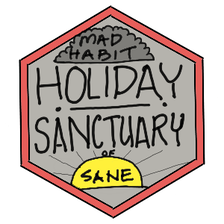 MAD habit holiday One experiment you can try is a holiday. Pick one thing that you notice is a old, unhelpful habit and decide to take a short holiday from it. Write it down and look forward to planning a trip away from it. Remember - it's a treat. Time off to enjoy yourself. You might consider something you'd actually like to do instead. Write that down too. A holiday can be an hour, a day, a week, or even a whole month of liberation from something stressful and unhelpful, You lucky devil! here are some more tools to help you... Dopamine Doggie Reframe
Clap yourself out of it!
Travel Companion: Accountability BuddyFind someone enthusiastic, to go on holiday with
I like to tell everyone I’m on holiday and celebrate it daily. I can do it so much better if I holiday with another person. We can call this an ‘accountability buddy’. We encourage and celebrate daily. If we get an urge? Tell them. Call each other ‘lucky swine!’ for the fact they have painful cravings. Ha! That’s because the pain is a good sign - a sign of growth and opportunities for more growth if framed correctly. Bon Voyage! Ps. After your holiday you can choose, naturally, without any ‘shoulds’ or willpower, how to re balance your habits. I will probably still look at visual stimulus sometimes! ;) Want to experience this course or 1:1 coaching - contact me now.
0 Comments
This blog is my perspective on why we repeat patterns, get attracted to people who trigger us, and why nothing is wrong - this is all good stuff, if we choose to play with it. Reactions Rule We are emotional creatures (more than logical). Most of our 'reactions' are caused by hidden emotional wounds, obscured by defense mechanisms . Until we can see them and trace them to their origin we will react cluelessly to them. People in therapy are going through a process of recognising, accepting and working with these internal wounds and reactions. Michael Singer calls these wounds, the inner thorns. I tend to agree. The clues that you are reacting to an inner wound are 'disturbance':
I have found the best way I can change my patterns is to prepare to remember. If I do some prep work then I can spot the wounded reactions and more easily interrupt them. Prep involves facing our fears. What is the underlying need or fear? Fear and need are two sides of the same coin. So working together and switching between fear and need the two questions you could ask repeatedly are:
Here's an interview between a Client (C) and Questioner (Q): C: "I need to get this job and I'm feeling anxious all the time" Q: 'What is the need beneath that?' C: "I need money and a career that I like!" Q: 'What is the need beneath that?' C: "I guess security. And maybe satisfaction?... No... Purpose!" Q: 'What is the need beneath that?' C: "I don't know!" Q: 'Then what is the fear of might happen?' C: "What if I don't get it? I'll be penniless, broke... my girlfriend might leave me." Q: 'Then what is the fear of might happen?' C: "It'd be awful. I'd feel like such a loser - alone and lost" Q: 'Then what is the fear of might happen?' C: "I don't know... I guess I could become depressed, go mad and lose the will to live!" Q: 'What is the need beneath that?' C: "I guess I'm needing connection and the knowledge that I'm OK" Q: 'So what you're really needing is a sense of connection and acceptance" C: "Yes. I want a job for those reasons. I guess it's not really about the job after all..." Deep Diving Reveals Insights If we keep diving into this 'fear and need' we will get closer to the wounding within. However the nervous system does not always think in verbal language or even in images. Some stuff is pre-verbal and not remembered, so much be explored through the emotional system itself. You have to 'feel to heal'. The Role of Mindfulness
Meditation and mindfulness invite us to see beyond our thoughts and stories, our words and imaginations, to look into the void within, to feel the sensations and emotions of the body and to hold them in loving awareness, so that we may find and heal wounds and change patterns of behaviour. To cultivate loving responses rather than fearful reactions. The Nervous System Wants a Disconfirming Experience Until we do realise our reactions we will continue to unconsciously create that which we fear the most. I believe this is our nervous system's way of recreating the original wound, as a way of finding a healing experience, or a 'disconfirming' experience. For example: A client of mine was afraid of getting close to men, because of a difficult early experience in her life. When she experienced a man who she wanted to be close to, and she engaged with him with openness and some coaching, they found a surprise. With open communication and boundary skills the man was loving, kind and safe. This 'disconfirming experience' helped her to relax and enjoy his company. She was drawn to men like this and, unlike in her youth, the person was not mean. It meant she could relax, knowing 'it isn't always true' that men are nasty. That meant she could let herself get closer to men. She could do this in a safe, balanced way. Gradual Exposure Reduces Fear The original difficult experience, and many others, confirmed the fear was legitimate. The only way to change that is to expose ourselves, vulnerably, to something similar, and have a different outcome - one that changes the way the mind and body perceive the reality. To see that positive outcomes are possible and then we can relax and stop reacting through fear. Be Process Oriented Life is a process. We can be a slave to it or we can be an active participant and use the process to help us heal, grow and learn. Coaching, therapy and training mindfulness is simply a way of getting into that process more consciously, so we can move it forward. It will be painful, it will be difficult (at times) but nothing is wrong. This is OK. This is exactly where you need to be. Create Safer Exposure For Yourself, Now. If you'd like to begin this process, in a safe fun way, come and chat with me and do an introduction Coaching session or a course with one of my Groups or In your Workplace. You can contact me below. |
AuthorsNeil Morbey is a meditation teacher, group facilitator and inspiration guide for Positively-Mindful.com Blog Index
Archives
May 2024
|
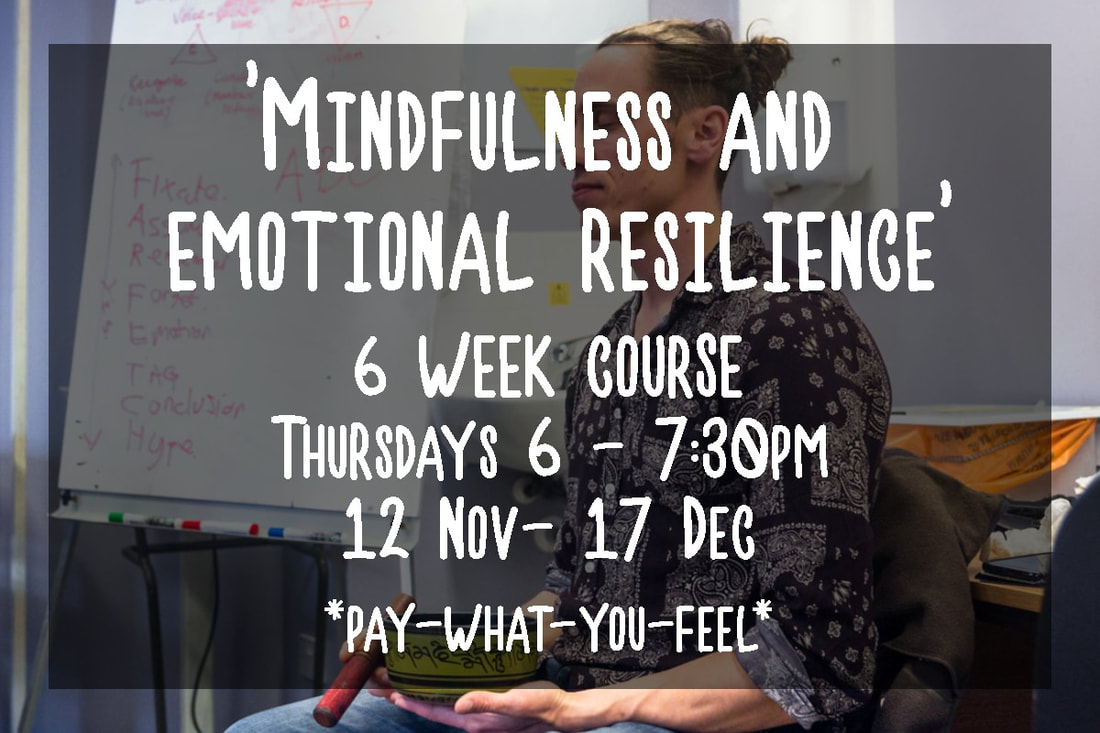
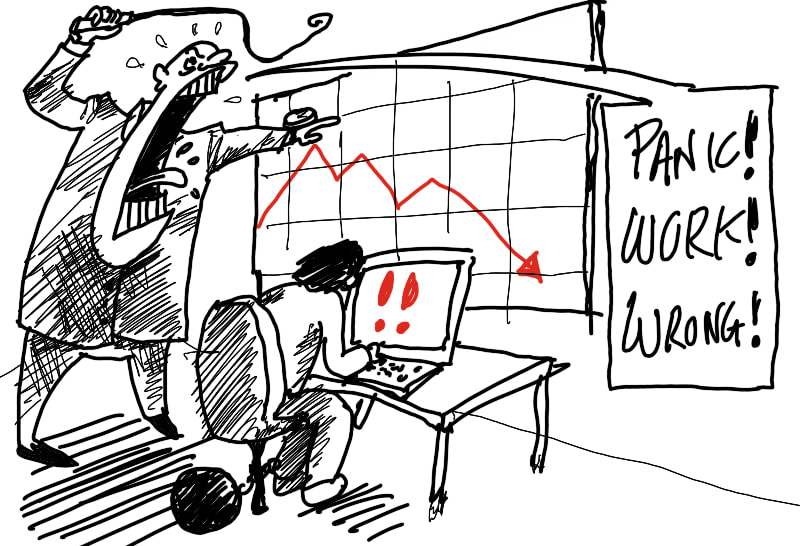
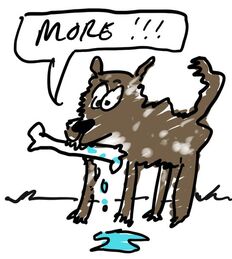
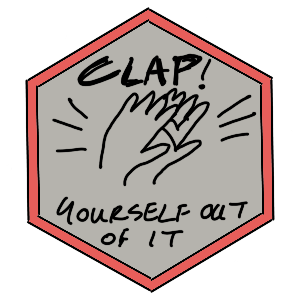
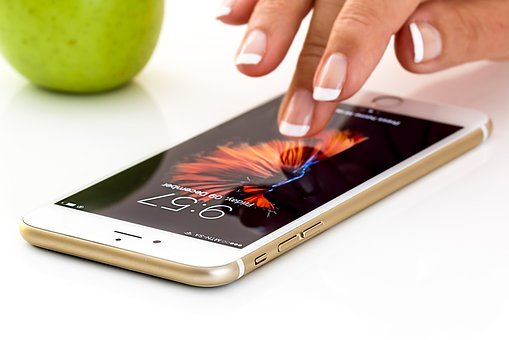
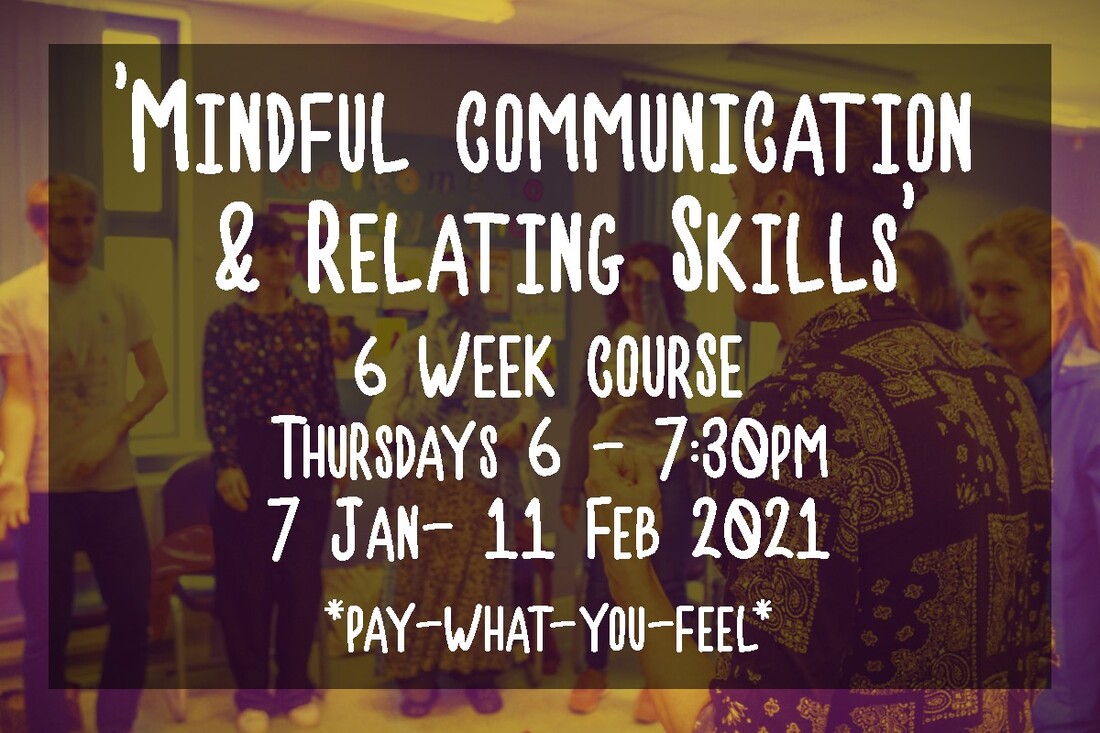
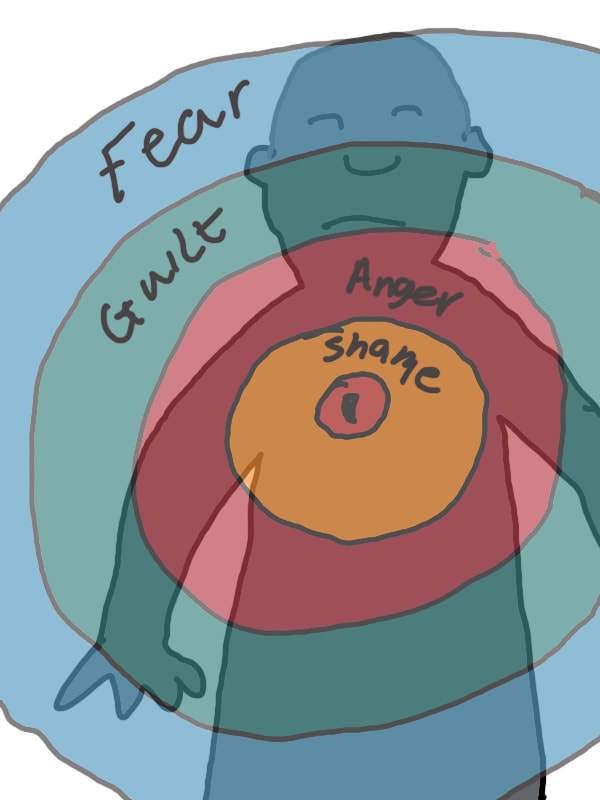
 RSS Feed
RSS Feed